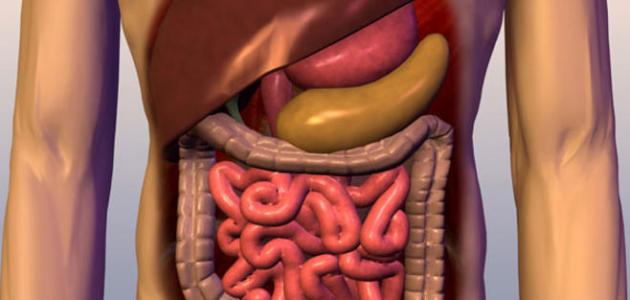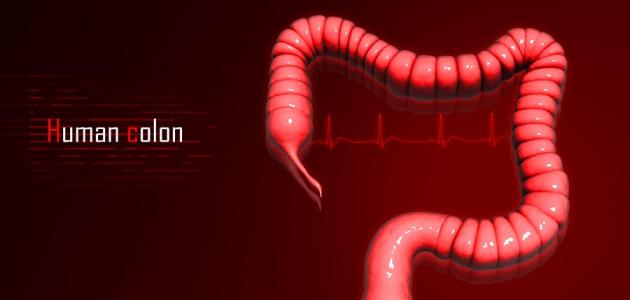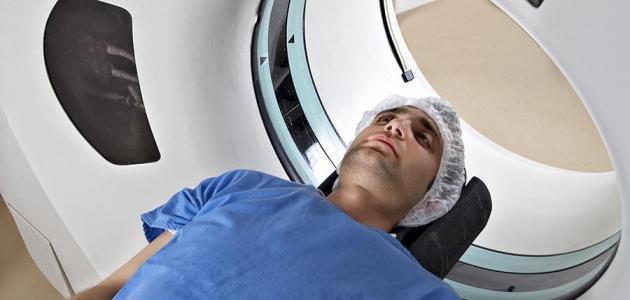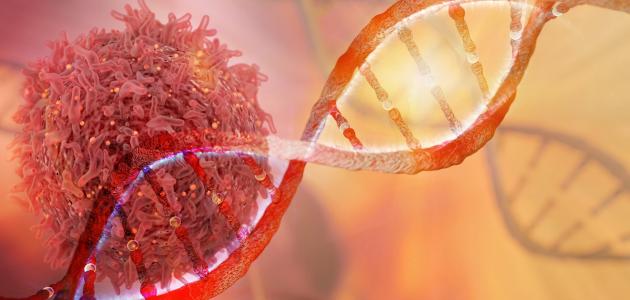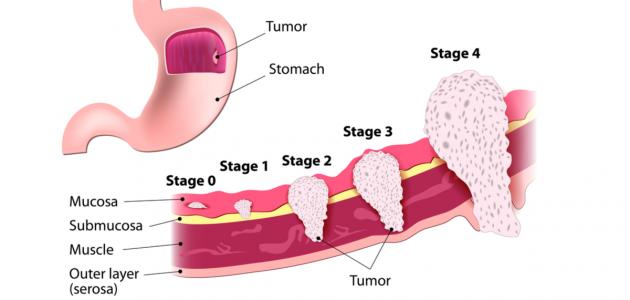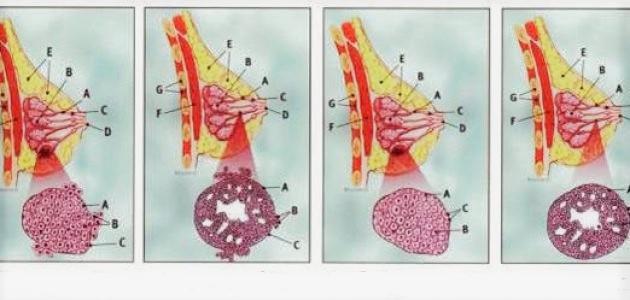Contents
Digestive
The digestive system represents a group of organs connected to each other to form a tube that extends from the mouth to the anus, and consists of the gastrointestinal tract, which is formed by a group of organs represented by the mouth, esophagus, stomach, and small intestine that consists of Three main parts are the duodenum (Duodenum), the jejunum (Jejunum), the ileum (Ileum), the large intestine, the anus, and the gastrointestinal tract.The digestive system is made up of the gallbladder (gallbladder), pancreas, and liver, and these last three organs are solid. Perhaps the digestive process is the most important function that the digestive system performs, and it is represented by breaking down the food that a person eats into small parts that are easy for the body to absorb in order to take its need for nutrients, which are carbohydrates, vitamins, proteins, mineral salts, water, and fats, and thus the body takes its energy needs To carry out its various functions. [1]
Cancer of the digestive system
The device is cancer of the digestive most prevalent species in many countries of the world , including Australia, and the estimated number of people infected organ cancer , digestive system every year approximately 24,000 people, of whom die every day 33 people, and it should be noted that the device cancer digestive affects men and women. [2]
Esophageal cancer
The esophagus is the hollow organ that connects the mouth to the stomach, and there are two main types of esophageal cancer, which are adenocarcinoma or adenocarcinoma, and squamous cell carcinoma , and the most important information related to this cancer can be mentioned as follows: (3 ]
- Symptoms: In fact, people with esophageal cancer often do not suffer from any symptoms in the early stages of the disease. Time becomes difficult to swallow liquids as well. In addition, sufferers may suffer from heartburn, indigestion, vomiting, involuntary weight loss, hoarseness, and more.
- Risk factors: The risk of suffering from esophageal cancer increases in the following cases:
- Age, as the risk of developing esophageal cancer increases by over the age of fifty-five.
- Gender, as men are more likely to develop esophageal cancer than women.
- Suffering from gastric acid reflux problems.
- Race, as African Americans are more likely to develop squamous cell carcinoma of the esophagus than Caucasians.
stomach cancer
The stomach is the organ that connects the esophagus with the small intestine , and any part of it may develop cancer. Symptoms and risk factors for stomach cancer can be explained as follows: [3]
- Symptoms: Stomach cancer is often diagnosed in the advanced stages of the disease, and this can be explained by the delay in the onset of symptoms. Often the symptoms do not appear except in the advanced stages, including the following:
- Feeling of discomfort or pain in the abdomen.
- Nausea and vomiting.
- Loss of appetite and weight loss.
- Feeling weak and general fatigue.
- The speed of feeling full.
- Bleeding, and is the appearance of blood in the vomit or stool.
- Risk factors: Although the true cause of stomach cancer is not known, but it is believed that there are a group of factors that increase the risk of stomach cancer, including age, gender, and race, such as cases of esophageal cancer, and in addition to that we mention the following:
- Suffering from Helicobacter pylori, because it causes infections and ulcers that increase the chance of stomach cancer.
- Undergo stomach surgery .
- Have pernicious anemia or pernicious anemia.
- Smoking .
Liver Cancer
Primary Hepatic Cancer can be defined as the cancer that originates in the liver, and it is the fifth most common type of cancer in the world, but cancers that move from other organs to the liver to affect it are more common in the United States of America, and most of the cancers are Cancers of the breast, colon, lungs and pancreas can reach the liver. The following is some information related to liver cancer: [3]
- Symptoms: They are as follows:
- Abdominal pain, as it is the most common symptom, and begins to appear when the disease progresses or spreads.
- Unexplained weight loss or a fever in people with cirrhosis.
- Sudden swelling of the abdomen or what is known as ascites.
- Yellowing of the skin and eyes, i.e. suffering from jaundice.
- Risk factors: such as infection with hepatitis B and C types, hemochromatosis, which is characterized by disturbances in the metabolism and metabolism of iron, cirrhosis of the liver , exposure to some chemicals such as aflatoxin, and others.
Pancreas cancer
The pancreas manufactures the hormone insulin, in addition to its role in helping the digestive process in the small intestine , and among the symptoms and risk factors for pancreatic cancer are the following: [3]
- Symptoms: No symptoms often appear at the beginning of the disease, but as the disease progresses, the following symptoms may appear:
- Jaundice .
- Feeling sick .
- Anorexia.
- Decrease weight .
- Tummy ache.
- Risk factors: Although the exact cause of pancreatic cancer is not known, it is believed that there are some factors that increase the chance of pancreatic cancer, including the following:
- Drinking alcohol .
- Smoking.
- Eat foods rich in animal fats.
- Infection pancreatitis and chronic.
- Family history of certain genetic diseases and genetic disorders.
References
- ↑ "Your Digestive System & How it Works" , www.niddk.nih.gov , Retrieved March 30, 2018. Edited.
- ↑ "Changing outcomes for people with gastro-intestinal cancer" , www.gicancer.org.au , Retrieved March 30, 2018. Edited.
- ^ A b t w "Gastrointestinal Cancers" , Www.patients.gi.org , Retrieved March 30, 2018. Edited by .
